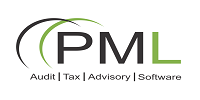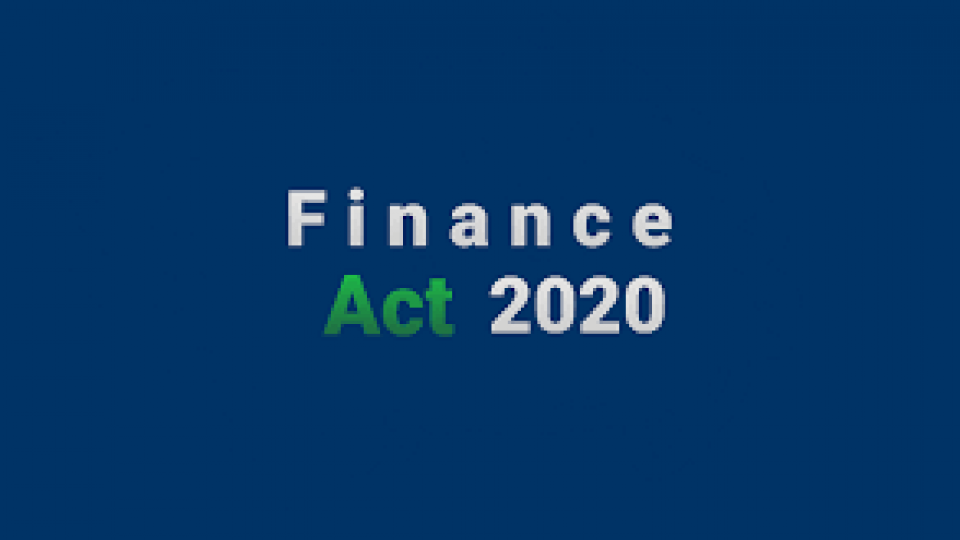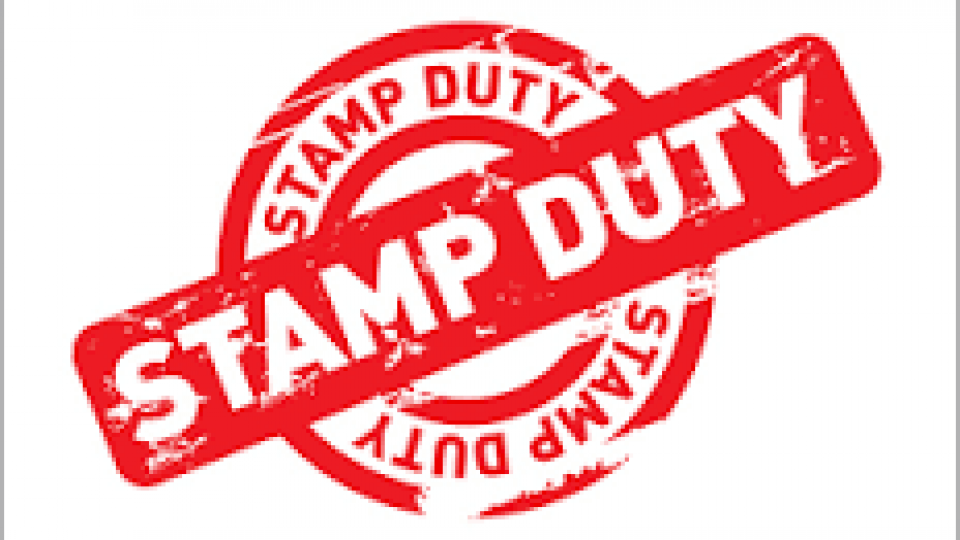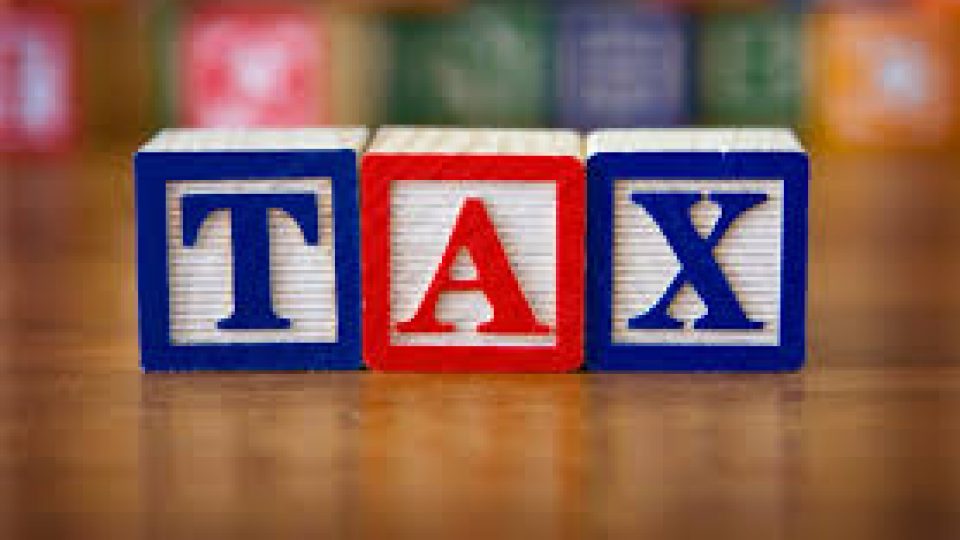It has been 6 months of demanding work for most Auditors and Accountants. Most Companies in Nigeria are 31 December financial year-end. Some companies are 31 December due to:
Regulatory requirements e.g Banks, Insurers, Stockbrokers, etc;Desire to be aligned to Government fiscal year or personal ... Read More






